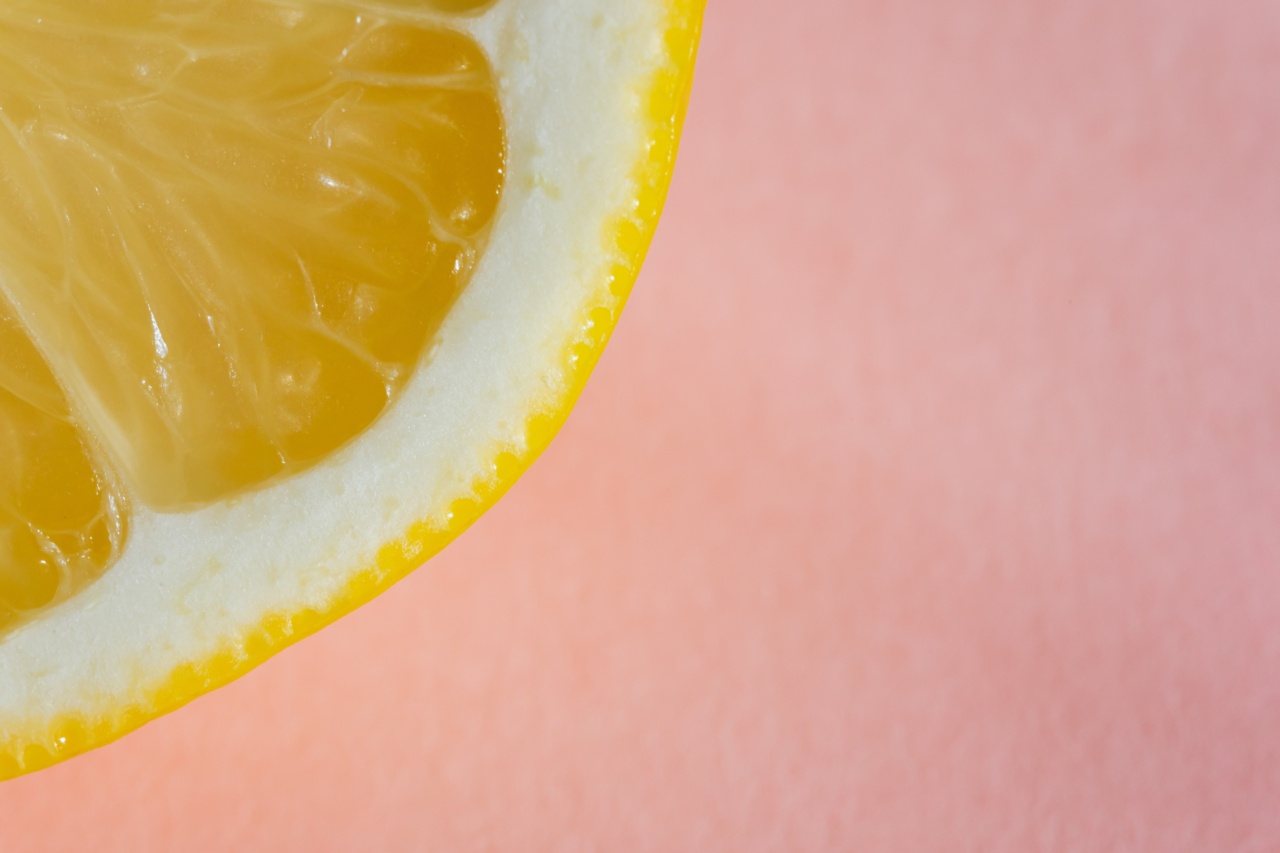Vitamins play a critical role in our well-being by performing various functions such as building up the immune system and aiding in digestion among others.
While many of us are familiar with vitamins A, C, D, and E, not many are familiar with the importance of vitamin P in our diets. In this article, we will explore what vitamin P is, why it is essential for good health, and the foods rich in this vital nutrient.
What is Vitamin P?
Vitamin P, commonly known as bioflavonoids, refers to a group of phytochemicals that occur naturally in plants. Bioflavonoids differ from other vitamins in that they do not provide energy or act as a building block for body tissue.
Instead, their primary function is to enhance the absorption and utilization of other essential nutrients such as vitamin C and E.
The Importance of Vitamin P for Good Health
Vitamin P has various health benefits, among them:.
- Strengthening capillaries: Bioflavonoids have been shown to protect capillaries from damage, including bleeding and increased permeability. This function is particularly important for people with varicose veins, hemorrhoids, and bruising or swelling around the joints.
- Reducing inflammation: Bioflavonoids have anti-inflammatory properties that help reduce pain and inflammation associated with conditions such as arthritis and allergies.
- Anti-Cancer Properties: Certain bioflavonoids such as quercetin and catechins have been shown to possess cancer-fighting properties by helping to prevent the growth of cancerous tumors.
- Reducing oxidative stress: Bioflavonoids are potent antioxidants that neutralize harmful free radicals in the body, reducing oxidative stress that can lead to chronic conditions such as heart disease and diabetes.
- Enhanced cardiovascular health: By strengthening the capillaries and reducing oxidative stress, bioflavonoids can help maintain healthy blood pressure and reduce the risk of heart disease.
Foods Rich in Vitamin P
Bioflavonoids are found in a wide range of fruits, vegetables, and herbs, including:.
- Citrus fruits such as oranges, lemons, and grapefruit
- Green leafy vegetables such as spinach, kale, and broccoli
- Red, blue, and purple berries such as raspberries, strawberries, blueberries, and blackberries
- Red and yellow onions, garlic, and shallots
- Herbs such as parsley, thyme, and oregano
- Green and black tea
How to Incorporate Vitamin P into Your Diet
Adding vitamin P-rich foods into your diet is easy. You can add fresh berries to your breakfast cereal or yogurt, or add spinach or kale to your smoothie. If you enjoy cooking, add onions or garlic to your recipes.
You can also include citrus fruits in your diet by drinking fresh-pressed orange juice or adding grapefruit segments to your salad. Drinking green or black tea is another excellent way to incorporate vitamin P into your diet.
Vitamin P Supplements
While it is always best to obtain essential nutrients from whole foods, some people may use supplements to boost their vitamin P intake.
Bioflavonoids are often included in vitamin C supplements, as they work well together to support immune function and overall health. Always consult with your healthcare provider before taking any supplements, as high doses of bioflavonoids can interact with certain medications and cause adverse effects.
Conclusion
Vitamin P or bioflavonoids are a group of phytochemicals found in a variety of fruits, vegetables, and herbs.
Bioflavonoids support overall health by strengthening capillaries, reducing inflammation, reducing oxidative stress, and enhancing cardiovascular health. You can easily incorporate vitamin P into your diet by eating more whole foods or taking supplements, and your body will thank you for it.






























